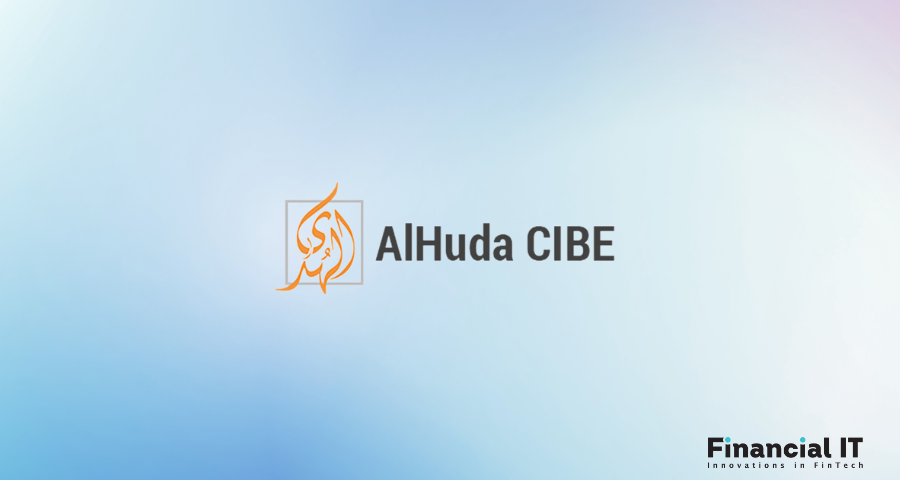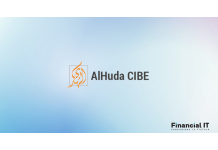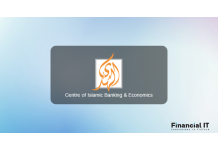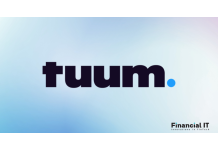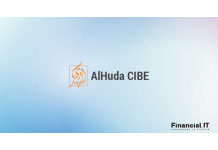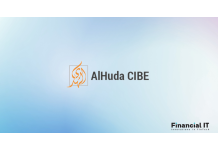AlHuda CIBE Awards Shariah Compliance Certificate to...
- 23.12.2025 10:55 am
Ayan Capital Secures FCA Credit License and Launches...
- 30.10.2025 06:55 am
Wahed Launches Shariah Compliant Private Real Estate...
- 29.08.2025 01:15 pm
AlHuda CIBE Partners With Soltesz Institute To Offer...
- 16.07.2025 04:55 pm
Manzil Expands Shariah-Compliant Investment Solutions...
- 16.07.2025 07:05 am
Islamic Fintech Offa Launches Ultra‑Fast And Easy...
- 15.07.2025 08:35 am
KAF Digital Bank Goes Live on Temenos SaaS to Elevate...
- 03.06.2025 08:15 am
Tuum Expands Islamic Banking Suite with New Cloud-...
- 19.05.2025 07:15 am
AlHuda CIBE And Autosoft Dynamics Ink Deal To Promote...
- 26.03.2025 03:35 pm
Vision Bank Becomes Operational With Finastra’s Cloud-...
- 18.03.2025 08:45 am
AlHuda CIBE Launched Global Internship Program for...
- 06.03.2025 04:20 pm
Gatehouse Bank Publishes New Report Urging Government...
- 25.02.2025 08:45 am

